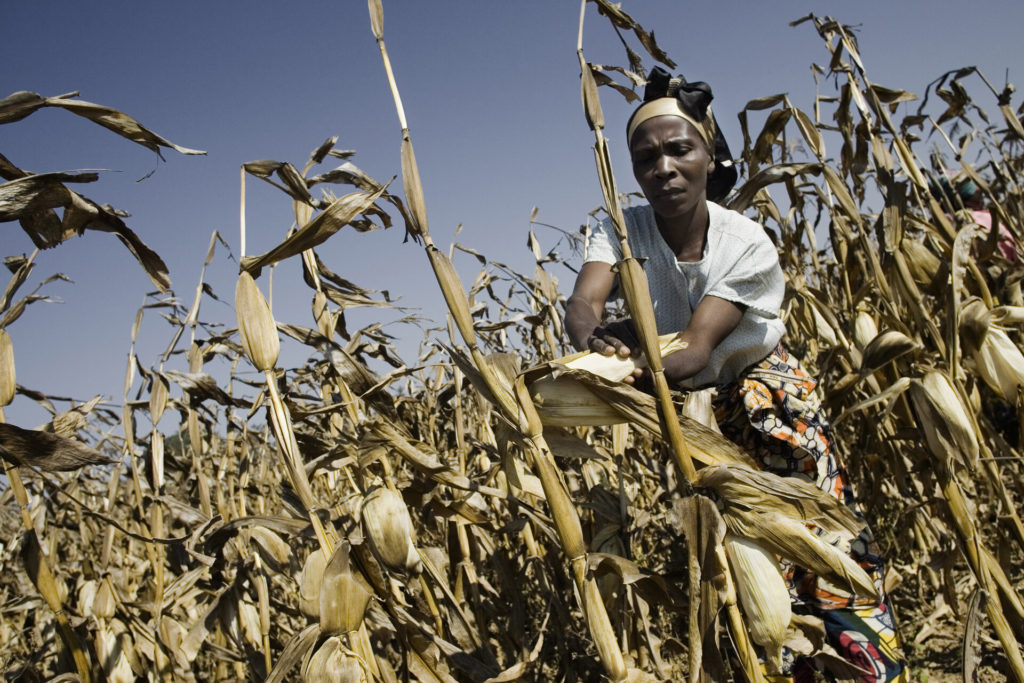“Ethical Markets welcomes ESA’s important initiatives in using satellite information to better inform Earth System Sciences and even more important, this collaboration with FAO. However, both these global organizations still seem to have the same blind spot:
the threat of global starvation due to the reliance of global food systems on our Planet’s 3% of dwindling freshwater. As our research has shown for over a decade, along with that of NASA Chief Scientist Dennis Bushnell at Langley VA, Earth is the Water Planet, and the overlooked other half of its plant life includes hundreds of nutritious salt-loving, halophyte food plants which continue to thrive in 22 countries without fertilizers, pesticides, antibiotics, heavy farm machinery or use of machine-trained algorithms to “assist” farmers while tracking their personal data! Why not support the huge shift to plant protein diets and include “Investing in Saltwater Agriculture: The Next Big Thing“, as in our TV show www.ethicalmarkets.com?
~Hazel Henderson, Editor“

ESA / Applications / Observing the Earth
With ESA positioned as a world-class provider of Earth observation data and the United Nations Food and Agriculture Organization (FAO) leading international efforts to defeat hunger, the two organisations have teamed up to exploit their particular fields of expertise to better address major global issues such as food security, and to take further advantage of the digital transformation in agriculture.
Formalising this new cooperation, ESA’s Acting Director of Earth Observation Programmes, Toni Tolker-Nielsen, and the Food and Agriculture Organization’s Chief Economist, Máximo Torero, have signed a Memorandum of Understanding. This new formal agreement builds on the organisations’ long-standing collaboration, which has already shown how information from satellites can bring benefits both nationally and globally.
The agreement paves the way to exchanging relevant expertise and to developing ways in which Earth observation satellites can be used to understand and monitor agricultural processes and food systems so that ESA and FAO, and their respective Member States, can better address critical concerns such as food security and help achieve the Sustainable Development Goals (SDGs).
